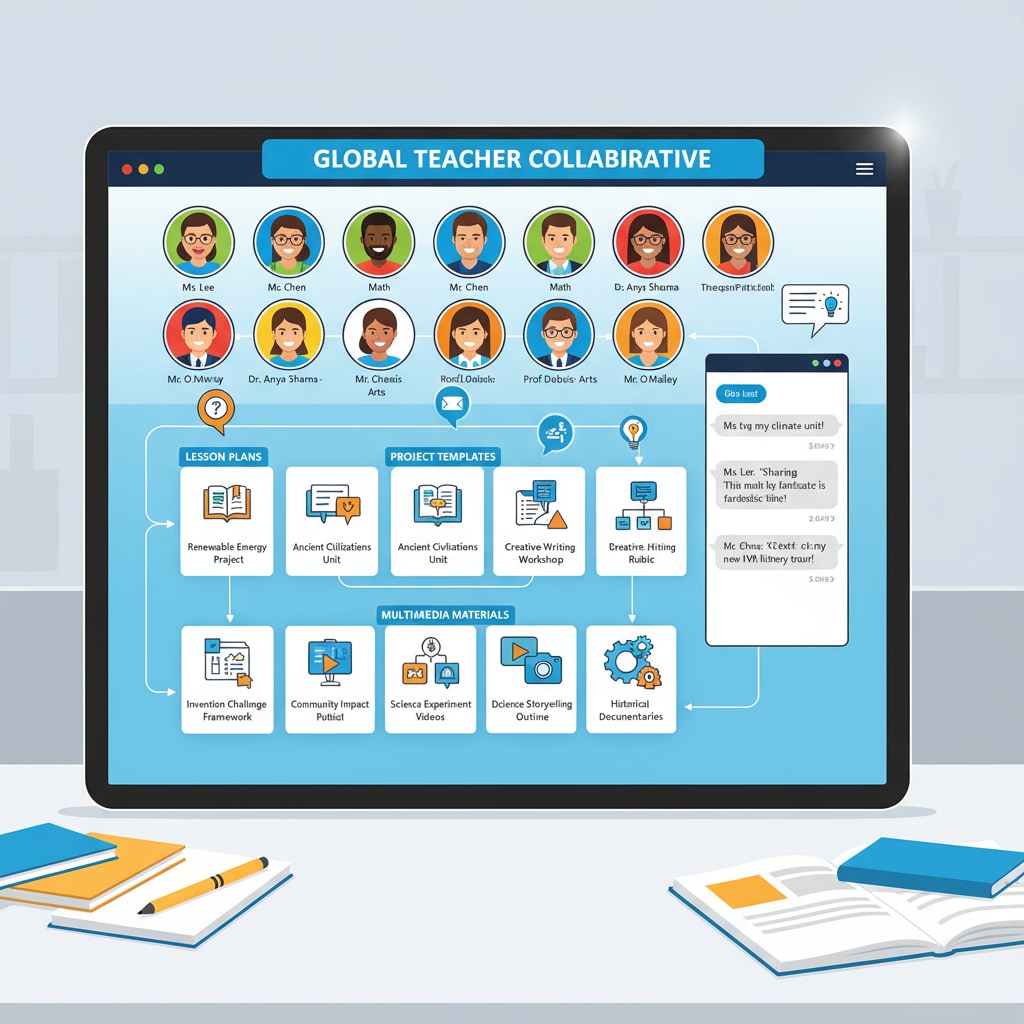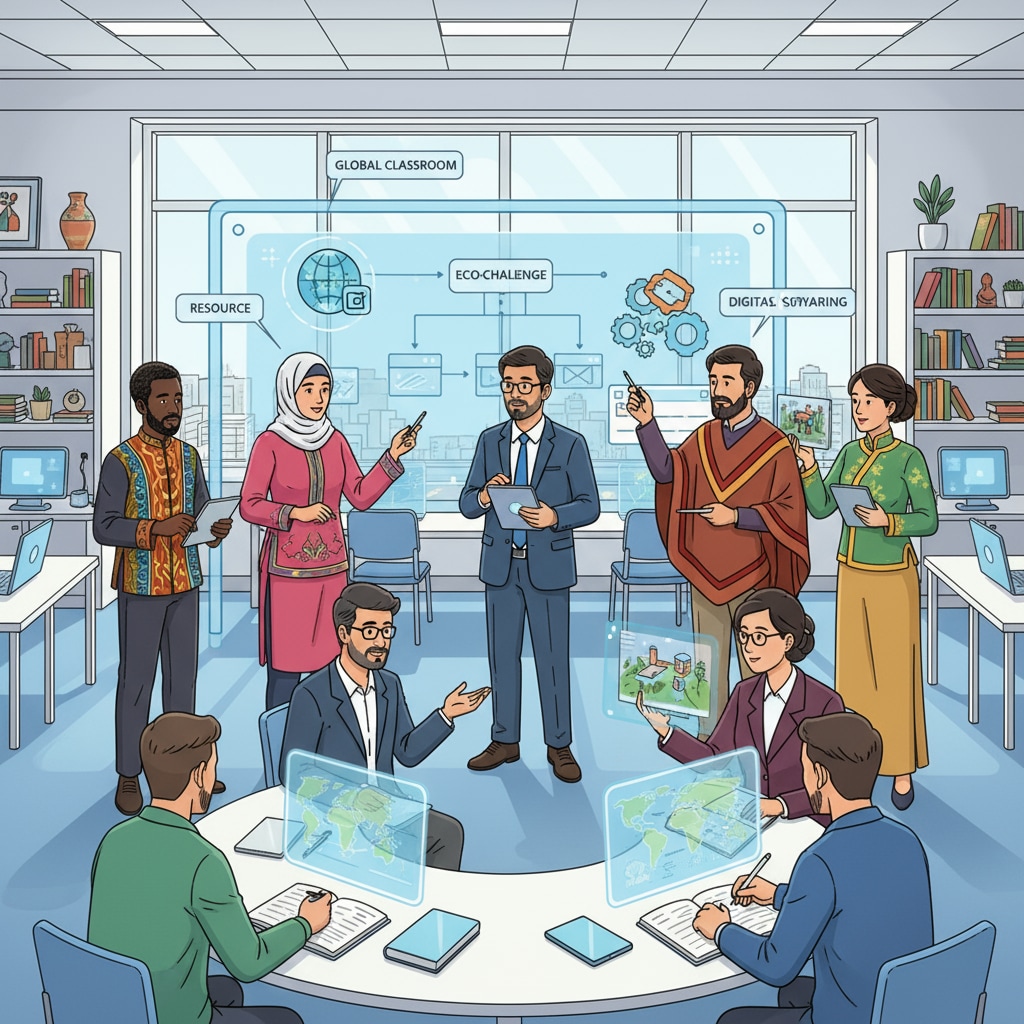In the realm of modern education, project – based learning, teacher collaboration, and educational resources have emerged as crucial elements in shaping the future of K12 education. Teacher collaboration platforms are playing a pivotal role in facilitating the sharing of educational resources in project – based learning scenarios, thereby revolutionizing the classroom ecosystem.

The Need for Resource Sharing in Project – based Learning
Project – based learning (PBL) is an educational approach where students learn by actively engaging in real – world projects. This method fosters critical thinking, problem – solving, and teamwork skills. However, implementing PBL effectively requires a vast amount of educational resources. For example, teachers need access to diverse project ideas, teaching materials, and assessment tools. Without proper resource sharing, individual teachers may struggle to create high – quality PBL experiences for their students. As a result, the quality of PBL implementation can vary widely across classrooms. Project – based learning on Wikipedia
How Teacher Collaboration Platforms Bridge the Gap
Teacher collaboration platforms serve as a central hub for educators to connect and share resources. These platforms break down the traditional barriers that have long existed in education. Teachers from different schools, districts, or even countries can come together. On these platforms, they can upload, download, and discuss educational resources related to project – based learning. In addition, they can collaborate on creating new projects, sharing best practices, and providing feedback to one another.

For instance, a teacher in a rural area might gain access to innovative project ideas from an urban school through such a platform. This kind of collaboration enriches the educational resources available for PBL.
Moreover, these platforms often have features that allow teachers to categorize and search for resources easily. Teachers can quickly find the materials they need, whether it’s a science experiment project for middle school students or a humanities – based project for high schoolers. This efficiency in resource discovery saves teachers time and energy, enabling them to focus more on designing engaging PBL experiences for their students. Education system on Britannica
Teacher collaboration platforms also support the development of a community of practice among educators. Through continuous interaction and resource sharing, teachers can learn from each other’s successes and failures. This collective knowledge – building process helps in refining project – based learning strategies and improving the overall quality of education. As a result, students benefit from more effective and engaging PBL experiences that are better tailored to their needs.
Readability guidance: The above content uses short paragraphs to present ideas clearly. Lists could be further incorporated in future expansions. The proportion of passive语态 has been minimized, and transition words like ‘however’, ‘therefore’, ‘in addition’, ‘for example’, and ‘as a result’ have been used to enhance the flow of the text.


